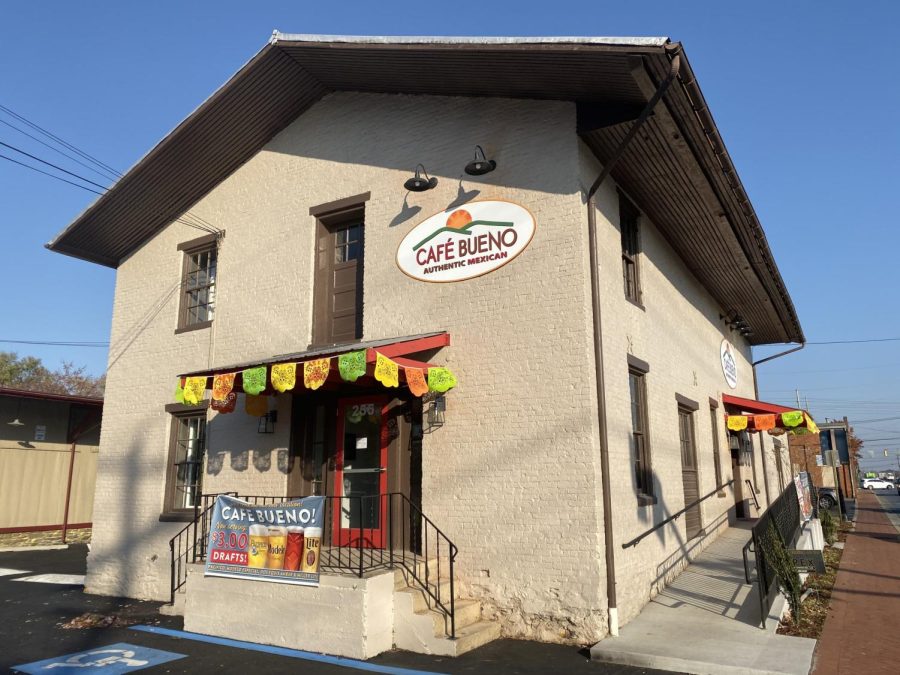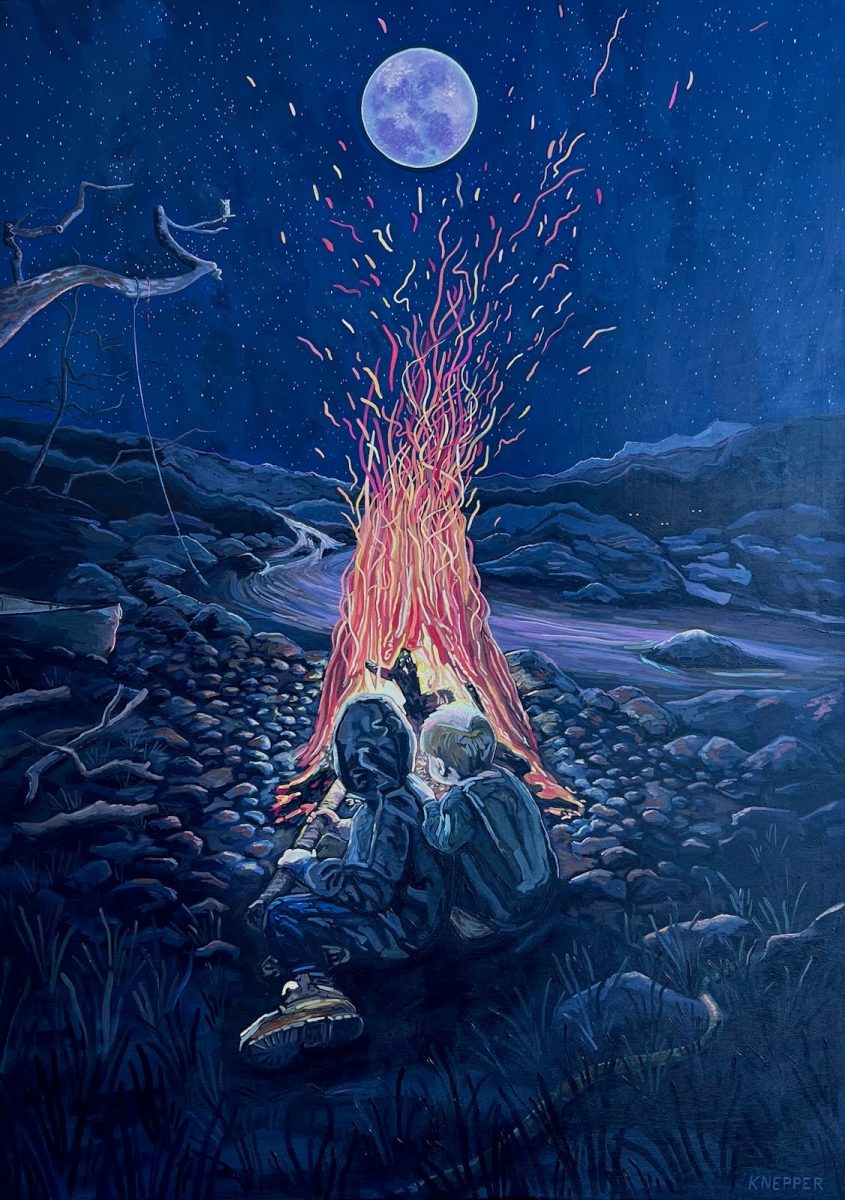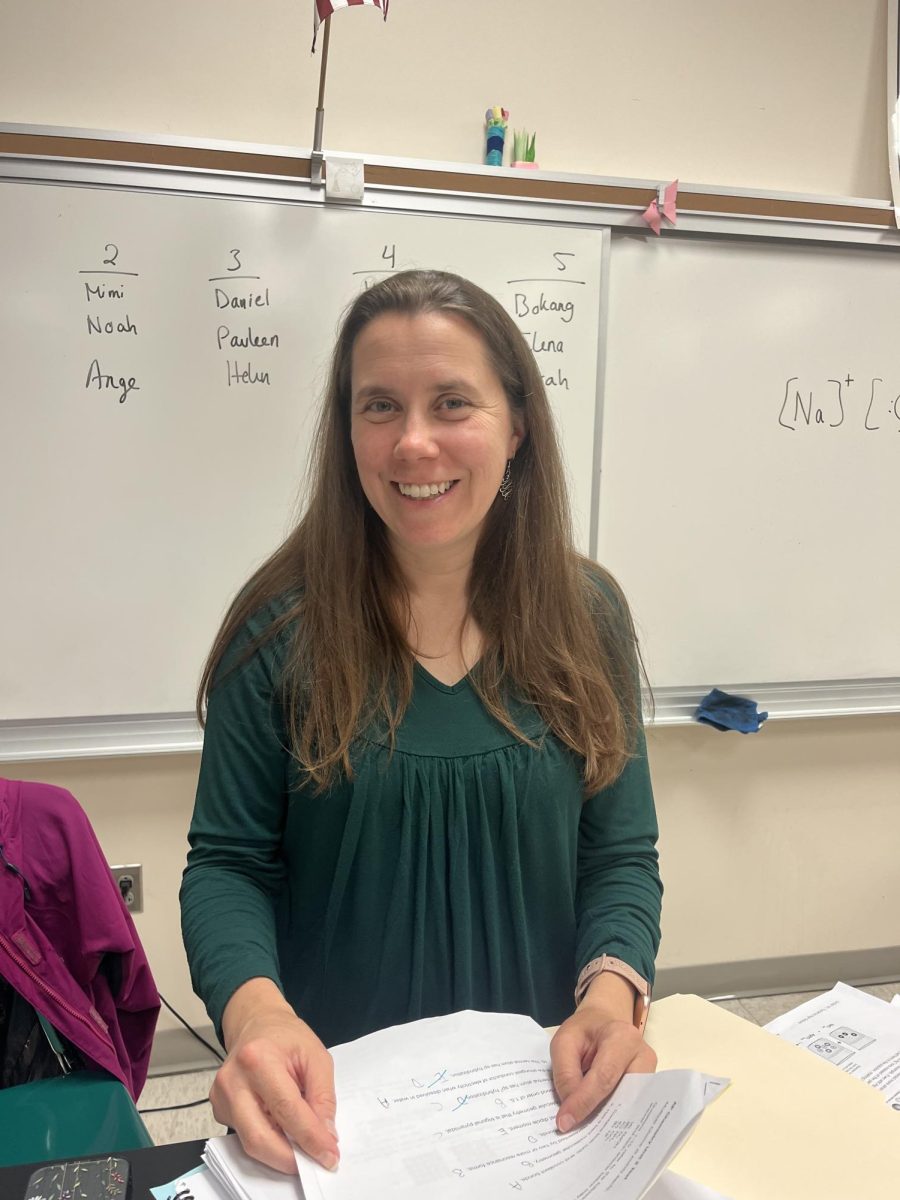There are many different areas of study and degrees across the world. From art to chemistry, and Bachelor’s to a Doctorate. A Doctorate degree is a postgraduate program where you become an expert in your chosen subject. There are only 3% of science high school teachers holding a Doctorate degree in the United States. So, what does getting your doctorate degree really entail?
Dr. Lipchock is the only chemistry teacher here at Tuscarora who has a doctorate degree. She has been teaching chemistry for 12 years. “I’ve always liked science, in highschool (…) I took every science class to be offered.” Lipchock attended McDaniel college, and during her senior year, she decided she wanted to apply to receive her PhD. However, Lipchock expressed how originally she wanted to be an elementary school teacher.
“Turns out I really liked molecular biology, but not like ecology and stuff like that, so I switched to chemistry.” Molecular biology is the study of the structure, composition and interactions of cellular molecules. Sounds complicated, right?
When asked about how Lipchock balanced her post-graduate coursework, she said that by balancing out her schedule with classes unrelated to her major helped. She even explained that her science classes didn’t feel too challenging either. “I enjoyed them a lot, so it didn’t feel unbalanced.”
She applied to multiple post-graduate programs, and ultimately decided to attend Yale University for her doctorate degree. It is no secret that furthering your education and research is a lot of work. “Grad school’s kinda like a marathon, like a lot of things don’t work sometimes, you just have to stick with it.” Lipchock explained how there are many times when she thought she would never finish her program. However, staying motivated and having perseverance helped her along the way. She added when asked about the hardest part of getting her degree, “So just sticking with it when it doesn’t always work.”
Lipchock conducted various research during her time studying at Yale. One of her main research topics was catalytic RNA’s. RNA, which stands for ribonucleic acid, are molecules present in all living cells. Calatyic RNA is when those molecules make reactions. Lipchock isolated those molecules in order to determine the crystal structure and mechanism of them.
How would she apply this to her teaching job today? Lipchock stated that her in-depth knowledge of chemistry from her research is reflected in her teaching. “I apply sort of my research mentality to my students, like if somethings not working, [I ask] what are things we can change?”.
Lipchock’s doctorate degree not only displays how she is a master in her field, but has a strong desire to learn about chemistry and science. By furthering her education, she is now able to extend even more knowledge to her students, and help others to achieve success as well.



































